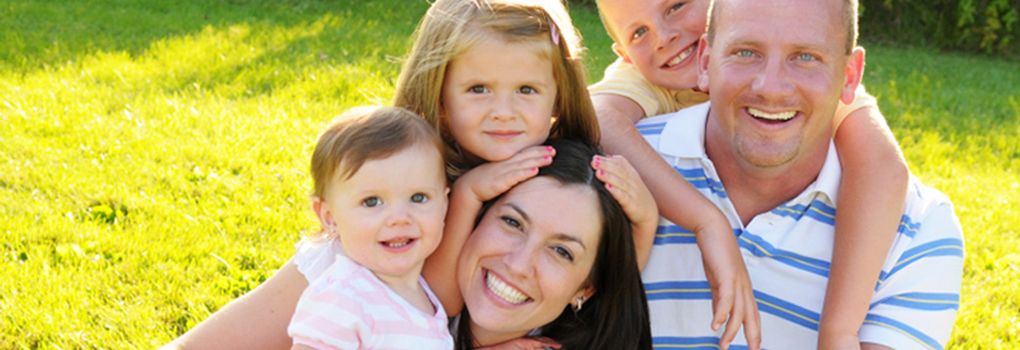Any branch of health care has its share of myths that many patients believe, and dentistry is no exception. Sometimes the culprit of incorrect information is a faulty website or article in a magazine; other times it’s just common lore passed down from generation to generation. The good news is that your dentist is a fountain of knowledge and can answer any questions that you might have about your dental health. In the meantime, here are some common dental myths. How many did you think were true before reading this blog post?
If you brush and floss before your dental appointment, the hygienist will never know that you’ve been slacking off on your oral hygiene regimen.
Sorry, but this one is untrue! If you have been neglecting your gums, your dentist and hygienist are going to know about it. Why? Because patients who don’t brush and floss tend to have swollen, bleeding gums. One day (or one week) of regular brushing and flossing is not going to make up for months of neglect. The best thing to do is not neglect your gums in the first place, but if you do, fess up and be straight with your hygienist. He or she can help you pinpoint what’s making it difficult to keep up with your routine and give you tips and pointers that might help.
You should not go to the dentist when you’re pregnant.
Ladies, listen up: When you are pregnant, it’s important to see the dentist once or twice, depending on when your last cleaning took place. Let us know that you’re expecting, and we’ll hold off on any unnecessary x-rays and treatments, but please come in for your cleanings. Hormonal changes predispose you to swollen gums, gingivitis, and even dental cavities, so be sure to get your routine cleanings done and see us if you have a problem. If morning sickness is affecting your comfort early in the pregnancy or back problems make you uncomfortable in the chair during later pregnancy, just let us know; most of the time, we can schedule a cleaning during your second trimester when things are most comfortable, then again shortly after your baby is born.
If some brushing is good, more is better.
You should be brushing your teeth two or, at most, three times daily. Brushing too much can irritate the gums and, worse, cause the enamel on your teeth to get worn away from the abrasiveness of the toothpaste. If you’re concerned because you’re eating more often than you’re brushing (which is almost always the case), rinse out your mouth with plain water or chew sugarless gum containing xylitol to keep your bacteria levels down and remove food debris between brushings.
If some of these dental myths sounded like truth to you, you’re not alone. If you have questions about your dental health, ask a member of our staff, who can answer your questions and give you tips for keeping your teeth healthy.













